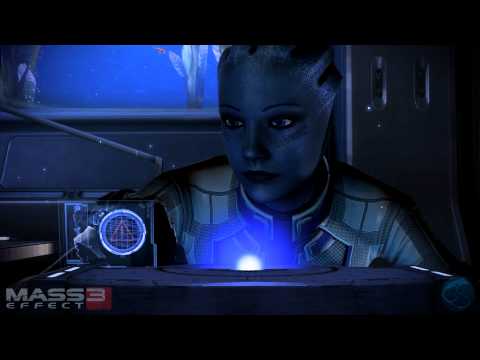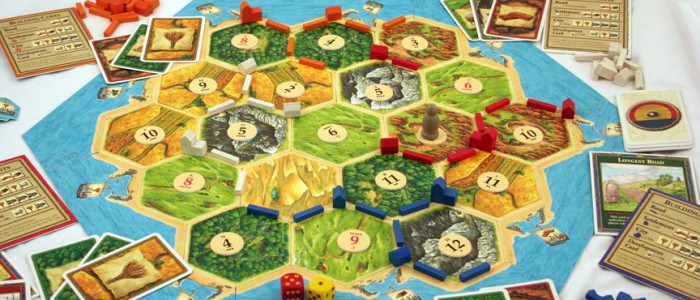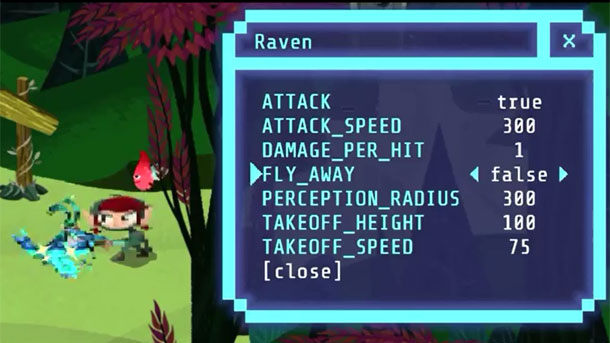Somebody once told me that if I had put as much effort into my school work as I did with videogames, I would have been a straight A student. I shrugged my teenage shoulders and rolled my teenage eyes but deep down that comment hurt. I knew I was smart but I struggled in school because of attention deficit disorder and a learning disability. I preferred to lose myself in a gripping book or videogame because that’s where I found meaning. What’s so criminal about that? I was still learning. A visual medium just better suited a brain like mine.
 Videogames are often viewed as fluff entertainment, a pointless hobby. This perspective amplifies the idea that games rot the brain. Personally, games brought out the best in me because they compelled me to think on a much deeper level. They taught me how to problem solve, how to work on a team, how to think creatively, and so on. A Link to the Past, the first game I ever finished, challenged my six-year-old brain with all of its puzzles and hidden treasures. I didn’t just sit and watch, I participated. Games held my attention because of their interactive nature. I needed a learning experience in order to retain information. How can video games rot the brain if they’re constantly stimulating it?
Videogames are often viewed as fluff entertainment, a pointless hobby. This perspective amplifies the idea that games rot the brain. Personally, games brought out the best in me because they compelled me to think on a much deeper level. They taught me how to problem solve, how to work on a team, how to think creatively, and so on. A Link to the Past, the first game I ever finished, challenged my six-year-old brain with all of its puzzles and hidden treasures. I didn’t just sit and watch, I participated. Games held my attention because of their interactive nature. I needed a learning experience in order to retain information. How can video games rot the brain if they’re constantly stimulating it?
In addition to the hand-eye coordination skills I gained from handling various controllers throughout the years, I also acquired a deep appreciation for strong narratives and games that educate. Never Alone, a puzzle game by Upper One Games, introduced me to a culture I would have never discovered on my own. This game educated me on the Inupiat people and their folklore. Journey, an independent game released exclusively for Playstation, showed me that dialogue isn’t always a necessary component in a successful and moving narrative. Lastly, Brothers: A Tale of Two Sons granted me a new perspective on child characters. I no longer viewed fictional children as weak and one dimensional.
The gaming community did wonders for my confidence because it was and, for the most part, continues to be an inclusive space where I feel accepted. For a long time I subsisted on the fringe of an educational culture that deemed me different because of my learning troubles. I felt like I bore an invisible mark that identified me as wrong or less than but my academic performance held no bearing in the gaming world. If I was having fun while unearthing a deeper meaning within the game, nothing else mattered. Videogames also unlocked the creative thinker within.
an educational culture that deemed me different because of my learning troubles. I felt like I bore an invisible mark that identified me as wrong or less than but my academic performance held no bearing in the gaming world. If I was having fun while unearthing a deeper meaning within the game, nothing else mattered. Videogames also unlocked the creative thinker within.
If a straightforward method failed to work, I would attempt a more imaginative approach. Do you know how long it took me before I threw bombs in Dodongo’s eye sockets? All the fragments fell into place when, after taking the time to really study the poem’s verses, I finally associated the word red with fire. Ocarina of Time forced me to think outside the box. I got creative.
I think what it narrows down to is, male or female, learning disabled or not, we’re all gamers. Videogames binds us together as a community. This common interest usually derives from a place of genuine love and appreciation. Whether we’re videogame critics or just players, we’re all a part of this amazing community. It’s our responsibility to keep this community safe and inclusive. I’m very grateful for the community and the games we all adore. Even though I write for a blog that analyzes and critiques videogames, a passion of mine that might be negatively viewed by some, I think it’s of great significance to be aware of damaging tropes and clichés so better games with better representation can be produced in the future. Videogames become more than a hobby to me, it became something I care very deeply about.




